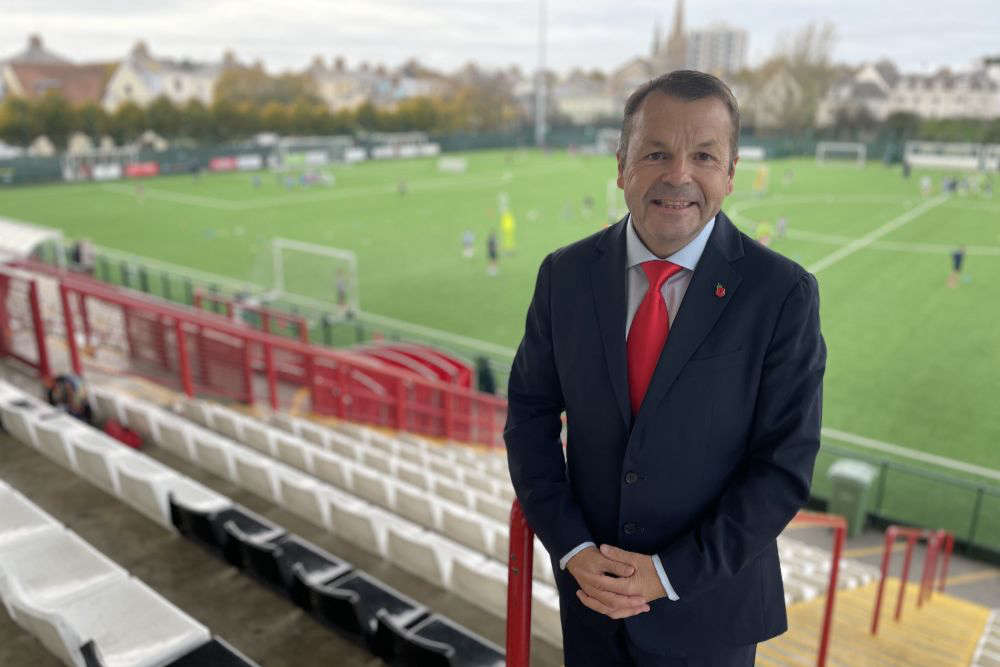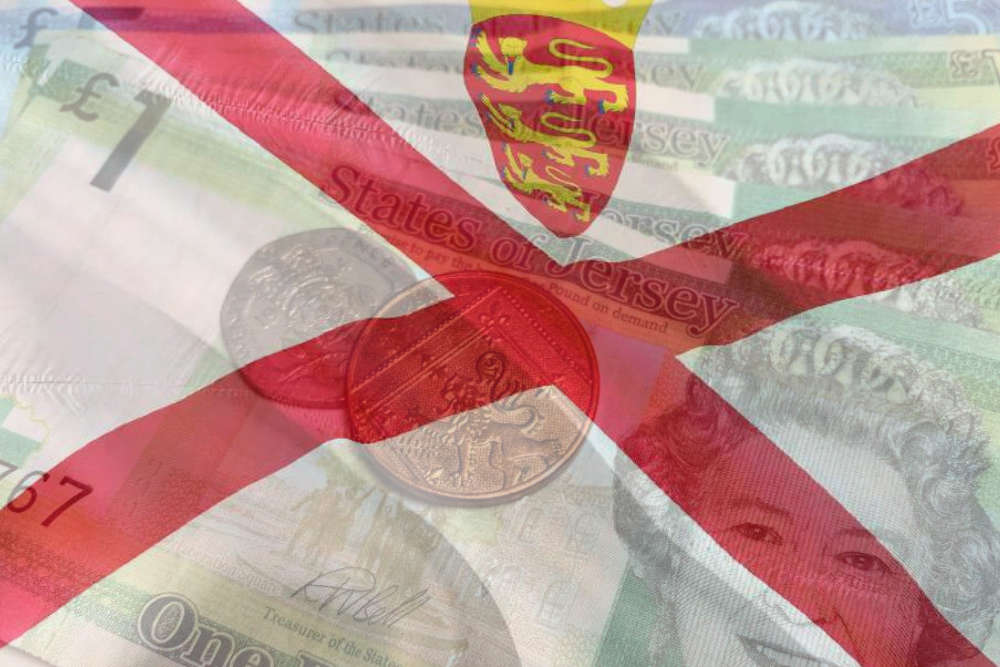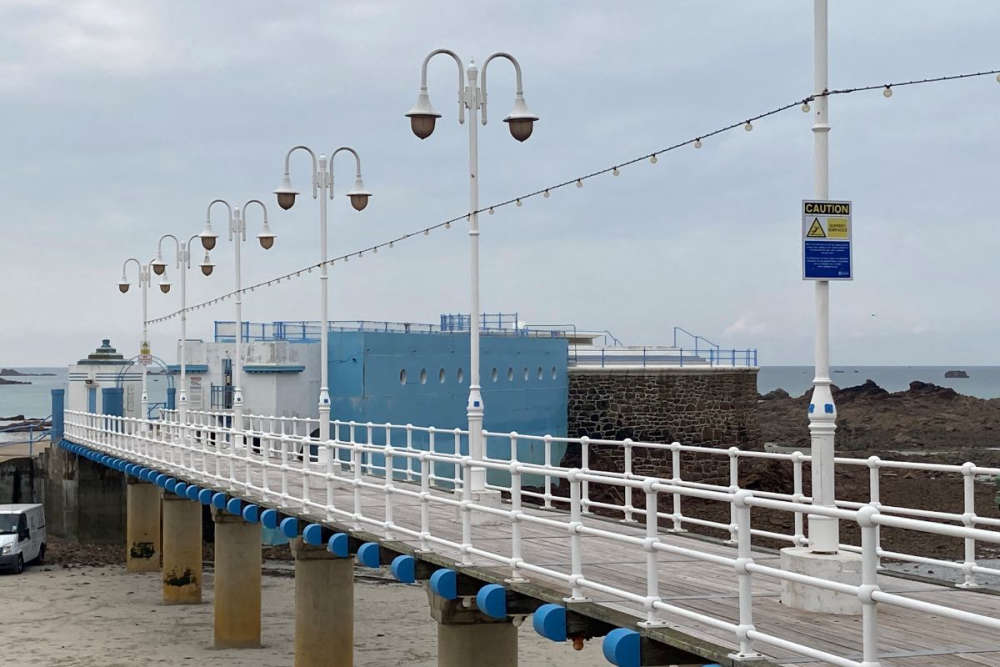
Signs of heart failure in Jersey patients are now being spotted sooner, thanks to a new alert system.
Results of a simple blood test to detect extremely high levels of a protein (BNP) associated with the condition are being automatically flagged to the Jersey Heart Team, rather than being returned to the GP who would then make a referral.
Cardiologist Dr Brian Wang says it means much faster treatment, which can save lives.
"Individuals that have a high BNP level, we make sure that, as much as we can, we see them within 48 hours and get the relevant tests done, which might include an Echo (Echocardiogram), a jelly scan of their heart to see how their heart is doing."
"We can speak to the individual, understand how the disease might be affecting them, and get them on the right path with regards to lifestyle changes and medications sooner rather than later so that we can try and get them back to their normal life."
Gualberto Jardim is one of the patients who has already benefitted from the new alert system:
I’m very lucky. I had very dangerous heart failure but because I was prescribed some specific heart medication my dangerous condition improved rapidly to almost normal health.”
The scheme is part of a national project aiming to cut heart failure deaths by 25% in 25 years.
READ: Jersey chosen to trial new ways to tackle heart failure
Patients are being tracked to see if an early intervention helps with their longer-term medical outcomes. This information is being analysed nationally and the data could help to shape future treatment of heart failure worldwide.
In a further improvement, a new piece of kit is arriving in the island soon that will enable finger prick blood tests to be taken in the community - bypassing the need to send the blood sample to the hospital lab.
Health Minister Tom Binet said: "Investing in preventative health care through initiatives such as early screening or changes in lifestyle will help reduce the need for hospitalisations or emergency care. This results in better outcomes for patients and will also help to bring down the costs of running the Island’s health system.”


 Princess Anne unveils new portrait of King Charles and Queen Camilla
Princess Anne unveils new portrait of King Charles and Queen Camilla
 What to expect from Bergerac Series Two
What to expect from Bergerac Series Two
 Lee Ingram appointed JFA President
Lee Ingram appointed JFA President
 Economists warn Jersey's government to save more money
Economists warn Jersey's government to save more money
 Trash the trimmers, try a tash!
Trash the trimmers, try a tash!
 Man investigated for indecent exposure and urinating in the street
Man investigated for indecent exposure and urinating in the street
 Guernsey could be disgraced Andrew’s new home - Royal biographer
Guernsey could be disgraced Andrew’s new home - Royal biographer
 Government appoints new Havre Des Pas Lido operator
Government appoints new Havre Des Pas Lido operator

